Paul Kelly: The Sky’s the Limit
July 7, 2016
A Provincetown artist paints his world as he sees it—from a unique perspective.
Text by Julie Dugdale
When Paul Kelly travels abroad, he takes a sketchbook instead of a camera. Flip through the pad and you’ll find pages of pencil-smudged buildings, streets, and hillsides—scenes he likely jotted while stopped at a red light. “This is my tool,” he says. “This is how I see things. These are the townscapes.”
Kelly, an architect by training, lives in Provincetown, and images of that seaside enclave jumpstarted his career as a painter. That was in 2004, which makes him a relative newcomer to the scene, compared with many of the lifelong artists who call Provincetown their home and creative muse. Plenty of those artists are representational—meaning their work depicts recognizable objects or subjects—as is his own work, Kelly says. But the latest incarnation of Kelly’s art, a series called “Above It,” reveals a unique perspective.
The scenes are still Provincetown, and they’re spatially accurate, but they’re constructed as if he were flying overhead, looking down on the roads, roofs, coastlines, and paved spaces below. How does he see the town from that angle? Mostly, it started as an accident, Kelly says. “One time I was at my desk, and I thought, ‘I’m going to look at Google Earth and try to find Provincetown.’ I started finding these patterns of light and dark.”
He began putting those patterns on canvas. “It’s still what I would consider representational,” he says. “Though I started to abstract it more.” The overall result? “It’s kind of an attitude about the town.”
“Above It” is a long way from where Kelly started. He calls himself “semi-retired” from his work as a principal at Boston- and Provincetown-based Manitou Architects, which he founded with Edward Dusek in 1979. The career followed naturally after earning an architecture degree from Rhode Island School of Design. But Kelly also has a fine-arts education from Syracuse University, and moving to Provincetown unleashed a different sort of creativity. “If you’re interested in a built environment, buildings, properties—and that’s what you’ve done your whole life—it seems like a natural progression to get involved with images you know,” he says. “And I know how to draw something that looks like a little town. The opportunity is here to absorb.”
So Kelly absorbed. He explored the streets, views, buildings, docks, and beaches in Provincetown, looking for interesting angles and points of beauty to catch his interest. He would sketch a scene, then fill in the sketches with watercolor, and eventually transform the watercolor into oil on canvas. The more he painted, the less concerned he became with getting the exact shade of the house right or including details like windows and doors in a building. Over time, he tweaked his style to focus more on shadows, light, and composition, which works well with his Google Earth explorations. “Now, I’ll go right to a canvas without previously drawing and put it down as it comes,” Kelly says. “That’s very different from the way I started, when it was very measured. Now, you can see the shape of a building, but it’s not the most important thing. The thoughts are all there, and you can put it together, but I don’t feel like I’m responsible for showing something as it really is.”
Greatly influenced by the shapes and colors of abstract landscape painters Richard Diebenkorn and Nicolas de Staël, Kelly taught himself the techniques of the artists he admired as his painting evolved, and he regularly attends art classes, including figure-drawing, to stay limber with his eye and perception of form.
Kelly’s work will be on display in an exhibit July 8 to July 22 at Alden Gallery in Provincetown’s fabled East End gallery district. Gallery owner Howard Karren says he doesn’t generally take on someone considered an emerging artist, as Kelly was when they met. “It’s very unusual to see someone who is relentlessly energetic in terms of changing their point of view,” Karren says. “Paul is always looking at new ways of doing things. I hadn’t seen anyone think of using Google Earth as a point of view for looking at the landscape. It’s a way of seeing the world, and no one else has picked up on it.” •
editor’s note: Paul Kelly is represented by Alden Gallery, Provincetown, (508) 487-4230, aldengallery.com. To see more of his work, visit paulkellystudio.net.
Share
![NEH-Logo_Black[1] NEH-Logo_Black[1]](https://b2915716.smushcdn.com/2915716/wp-content/uploads/2022/08/NEH-Logo_Black1-300x162.jpg?lossy=1&strip=1&webp=1)








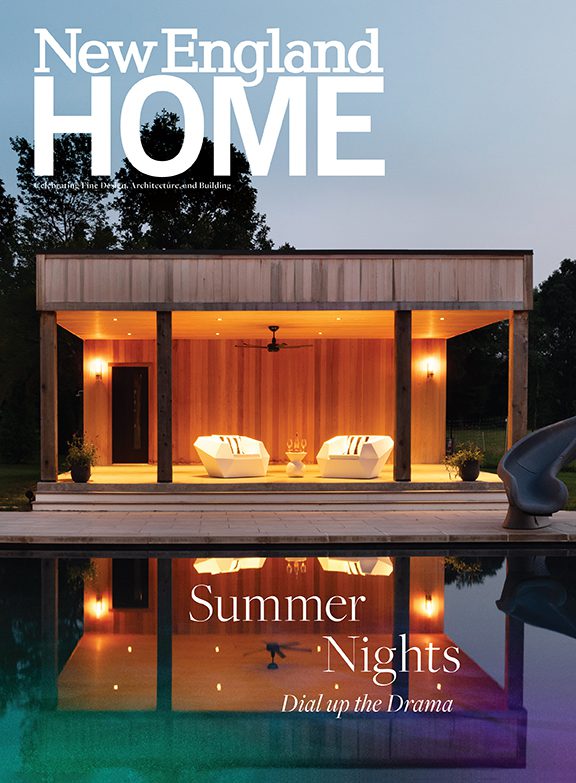
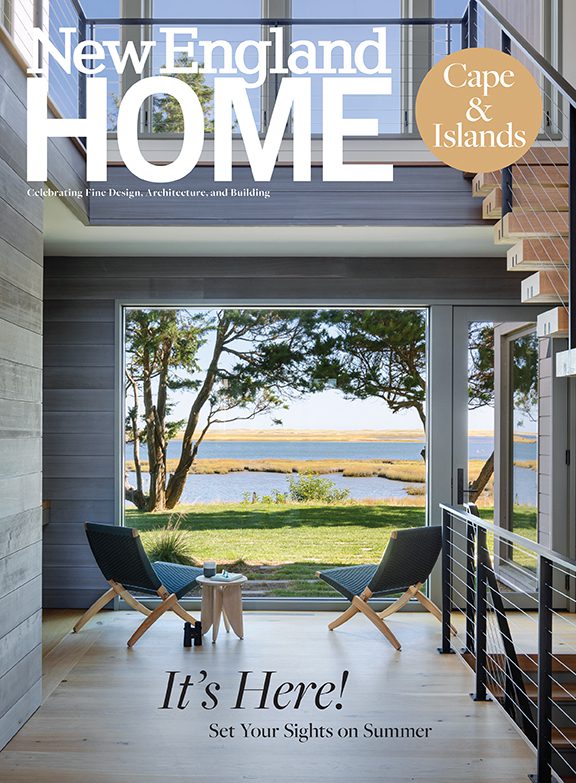
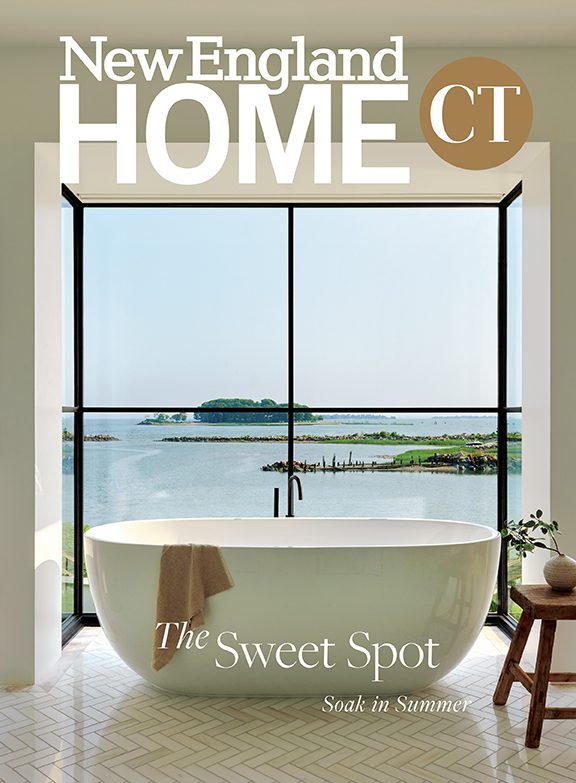

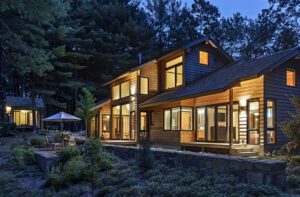
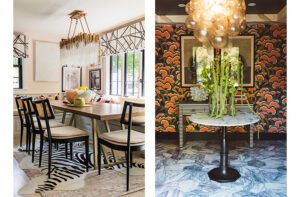
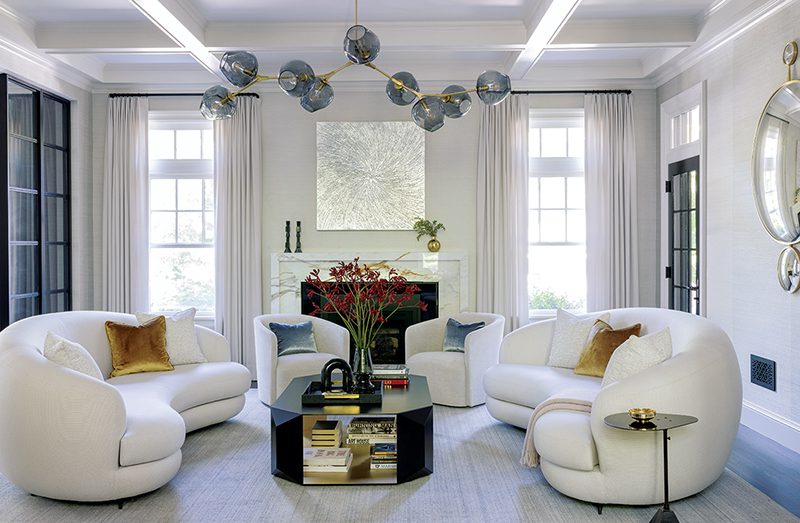
You must be logged in to post a comment.